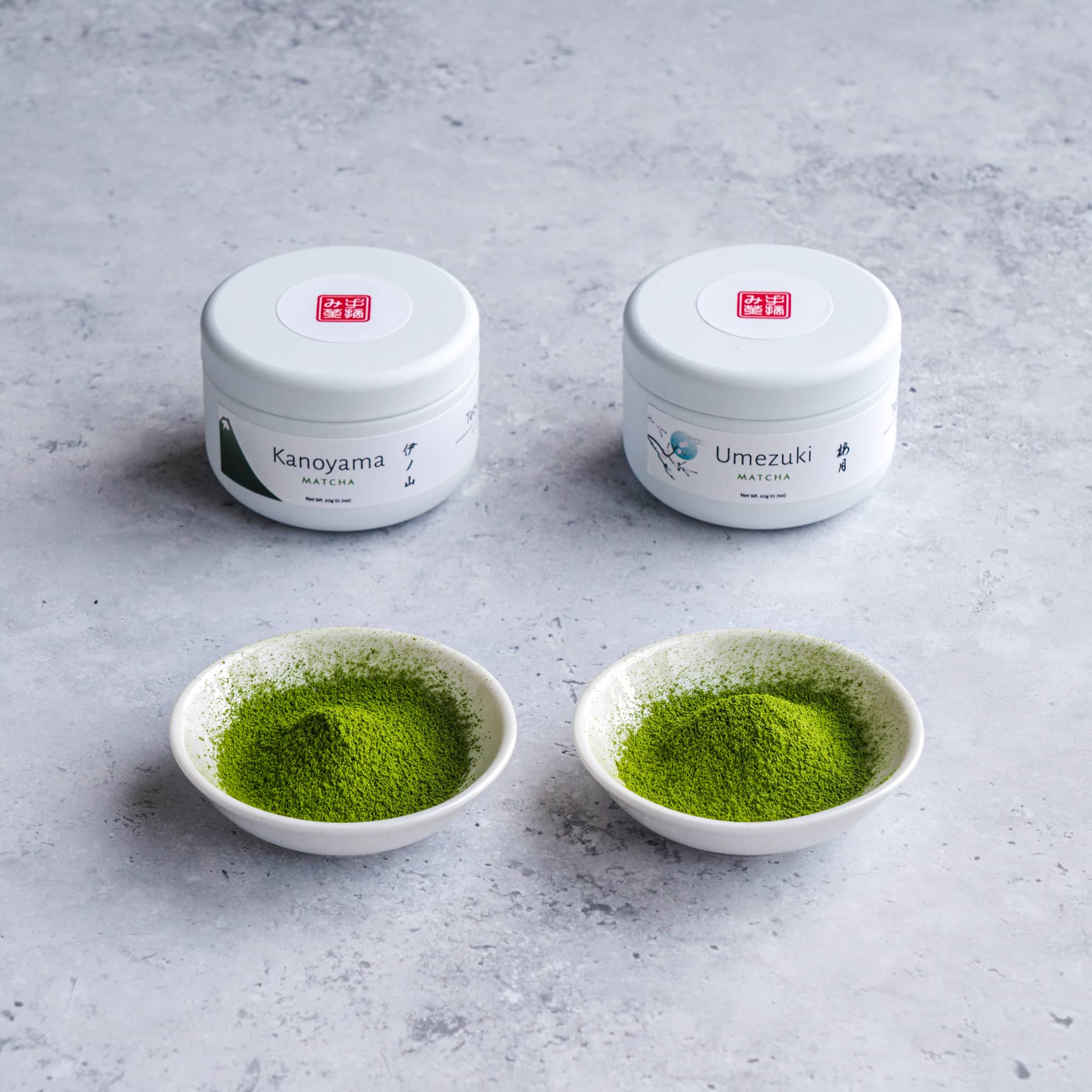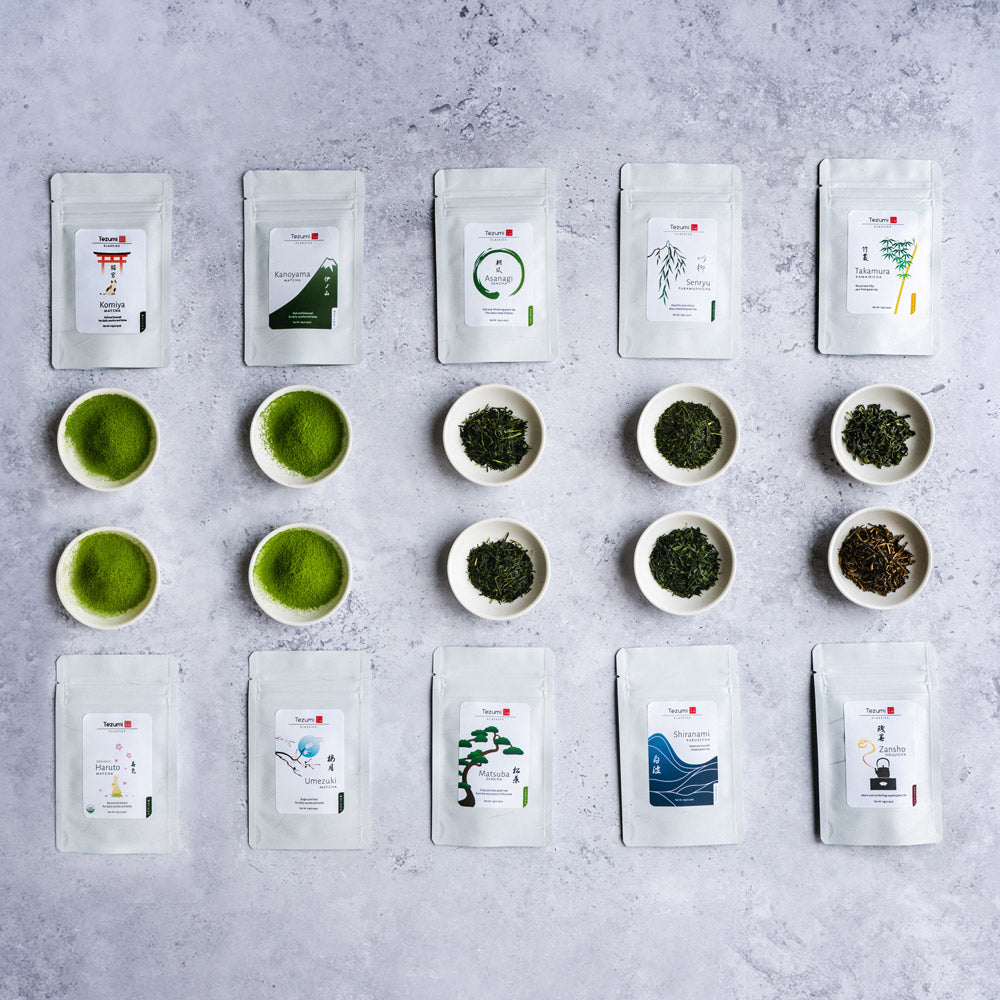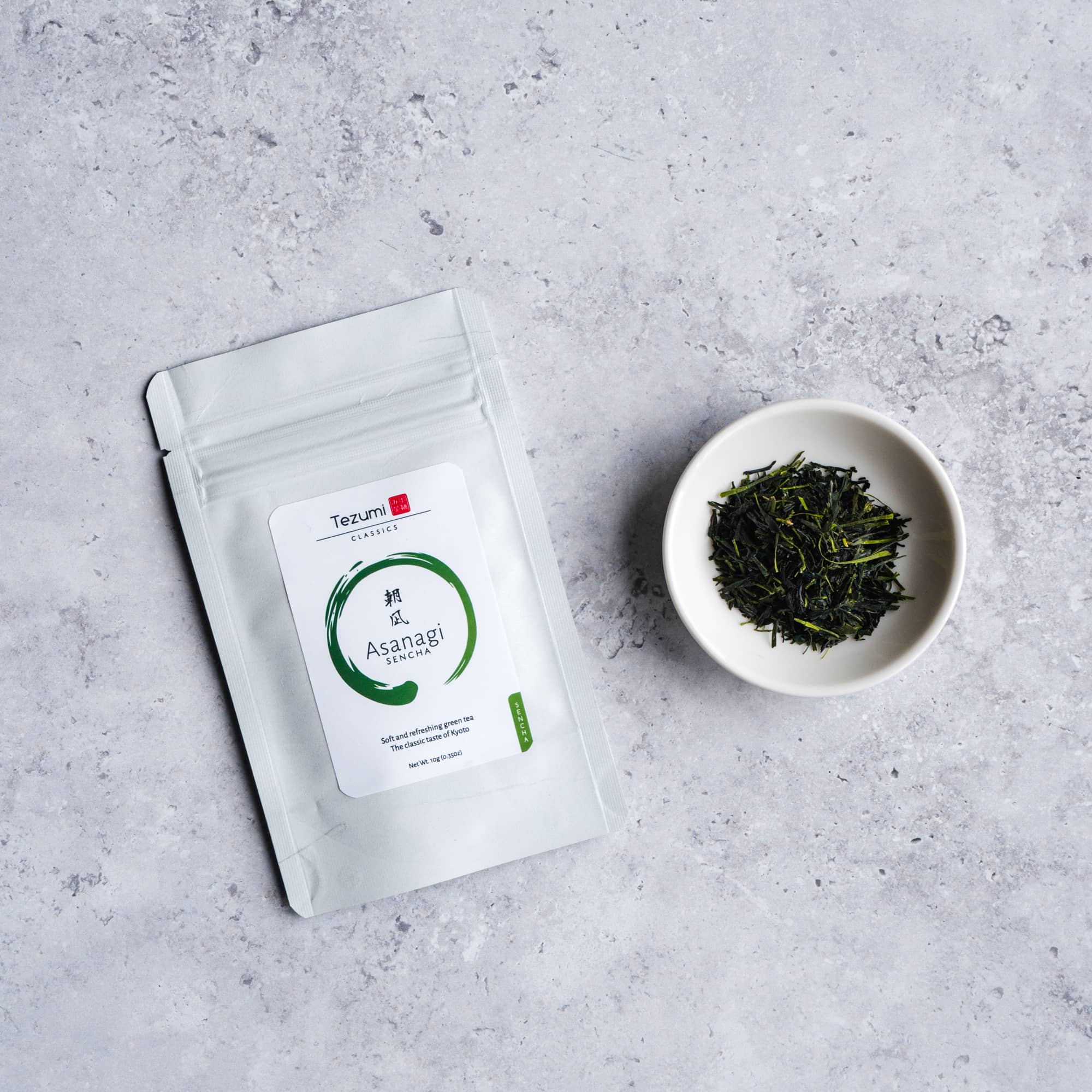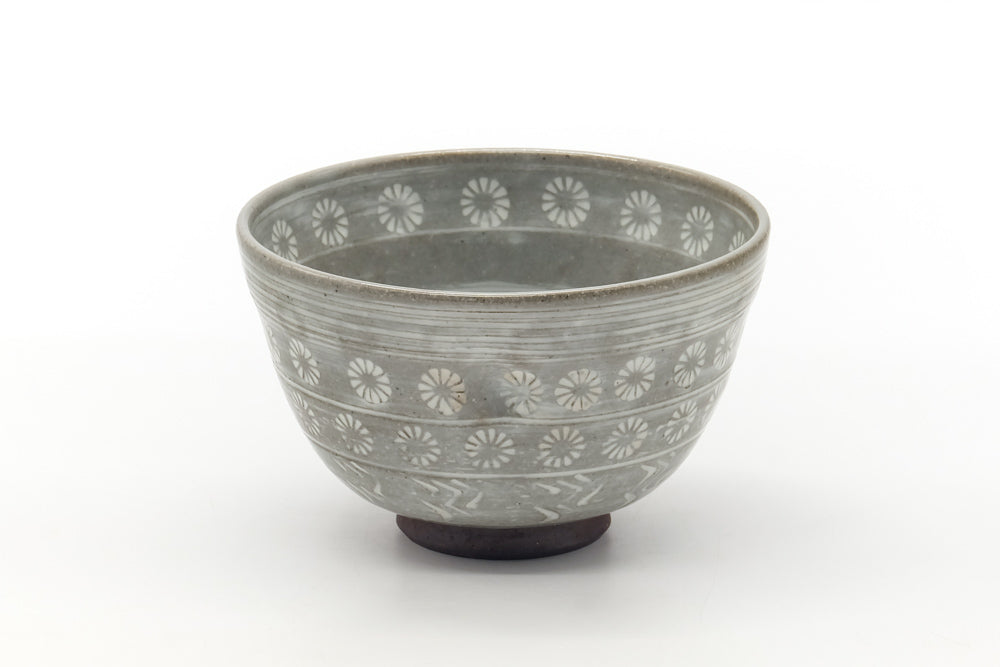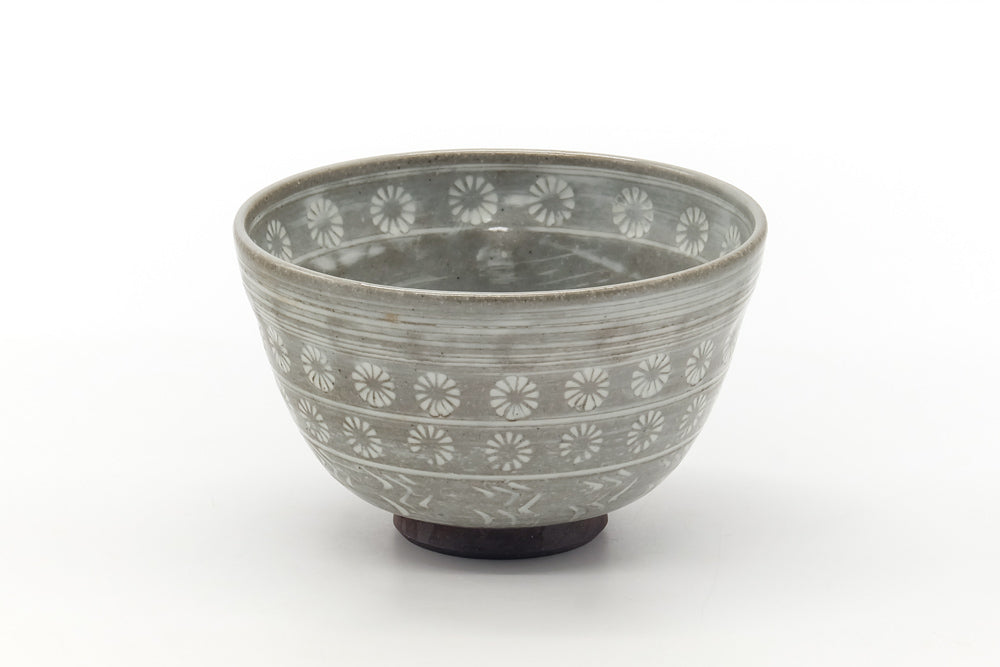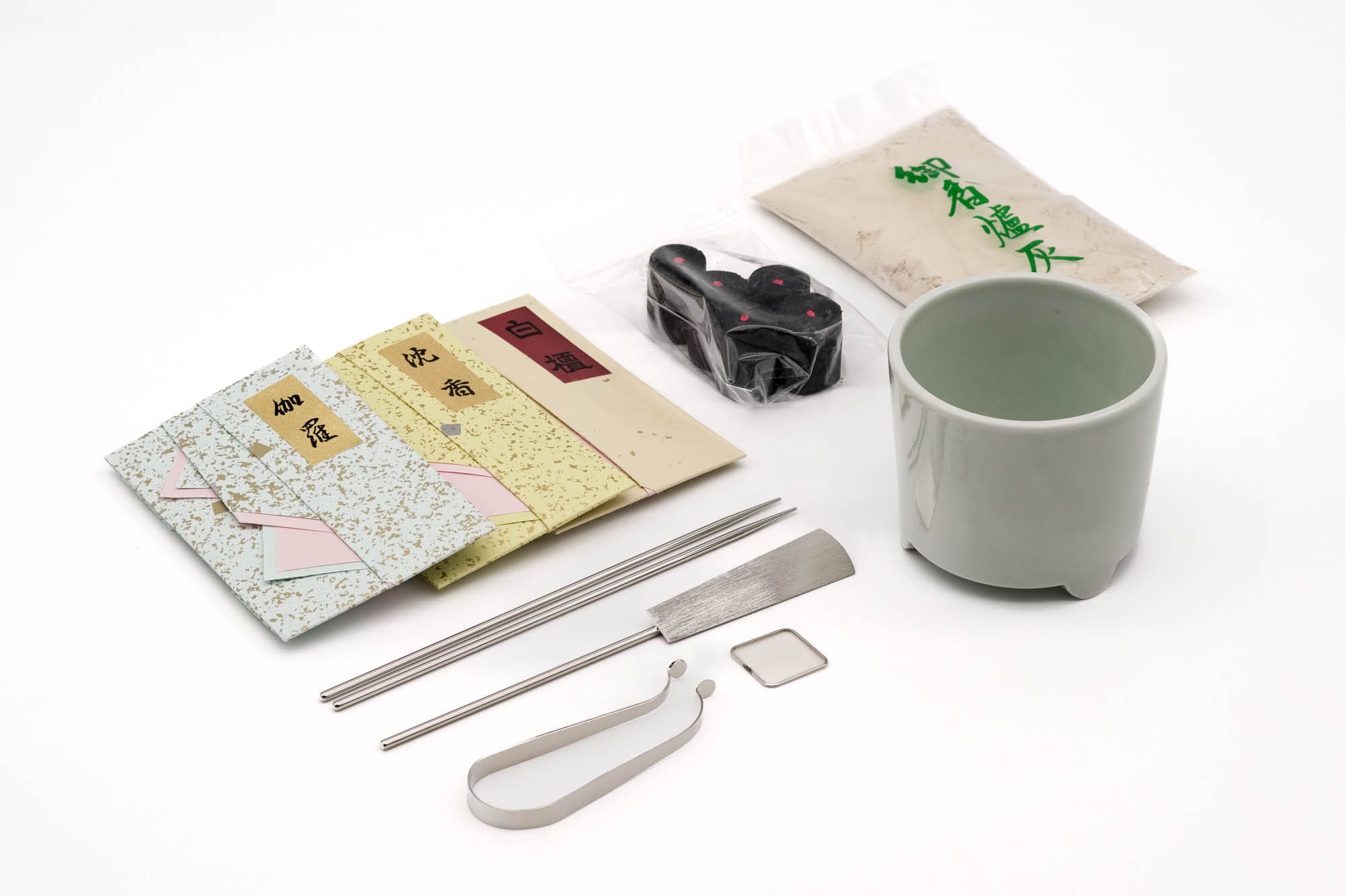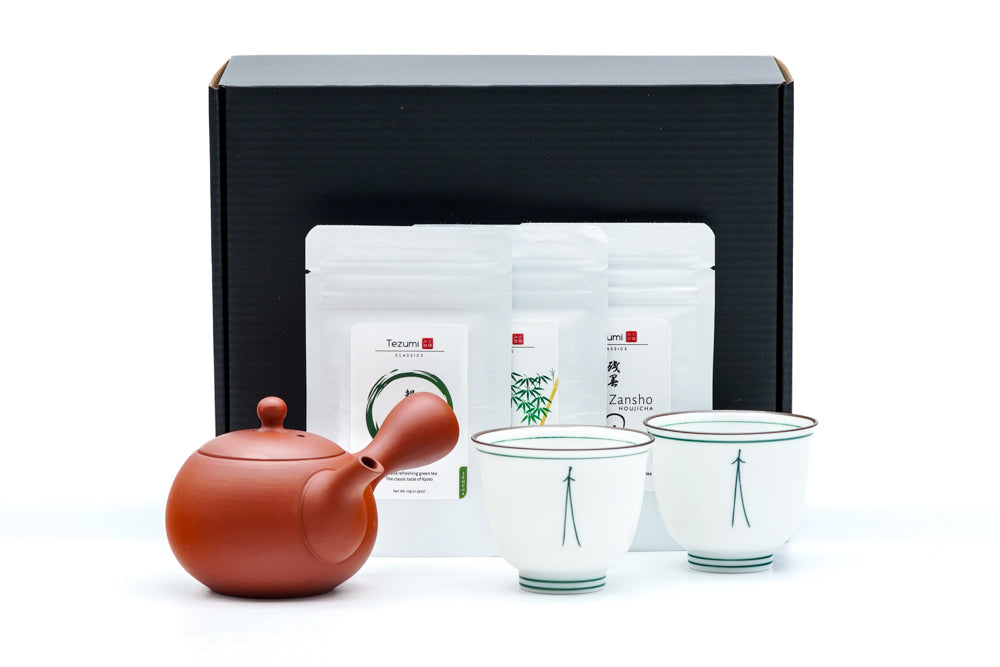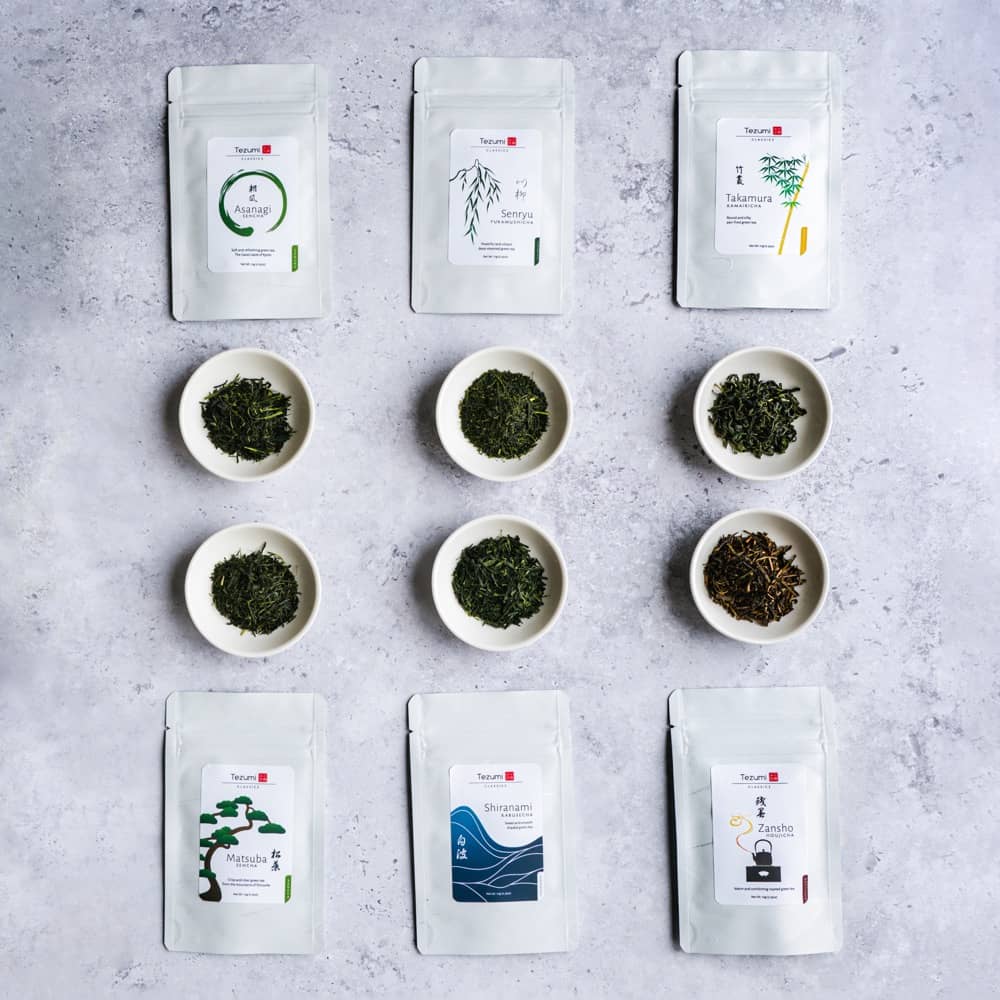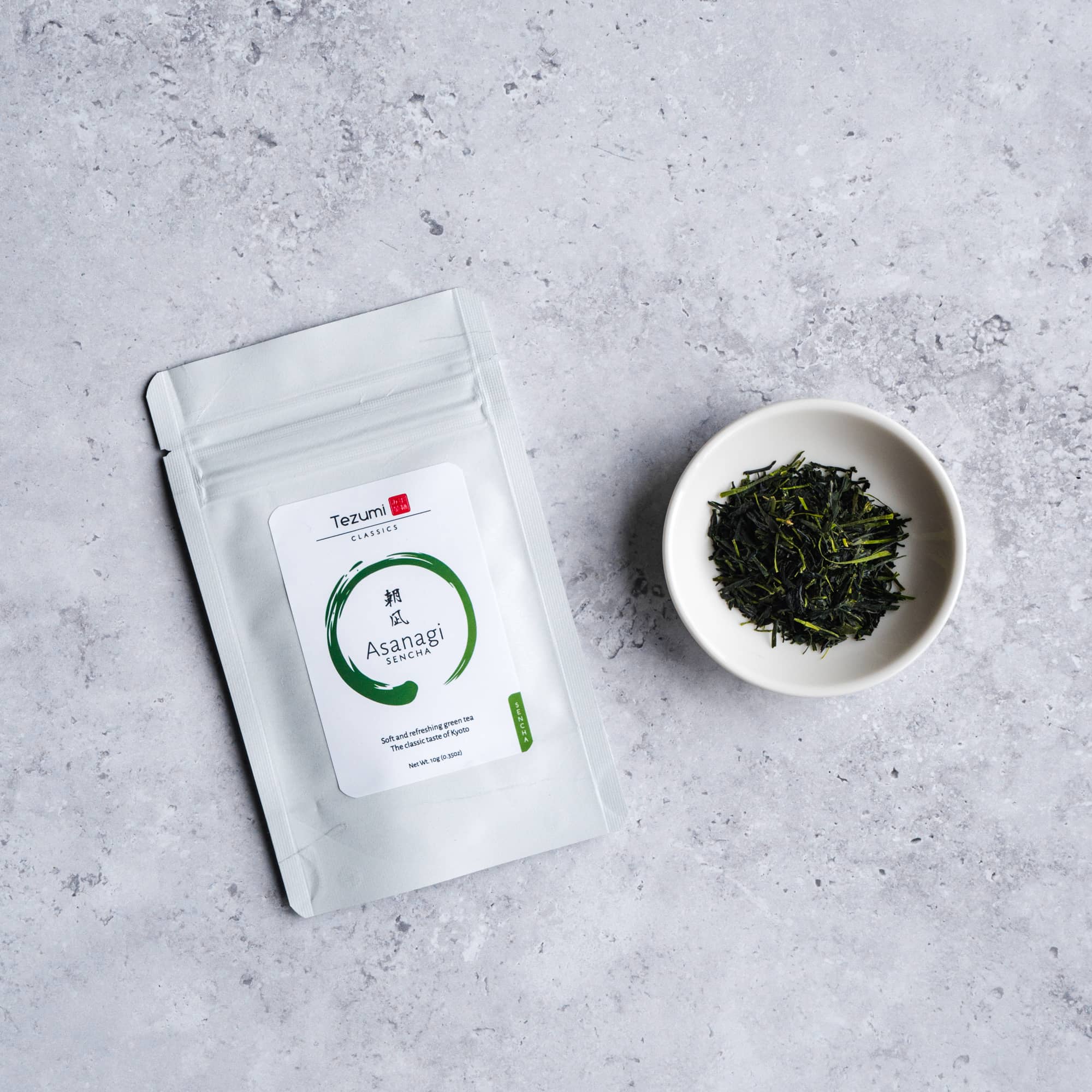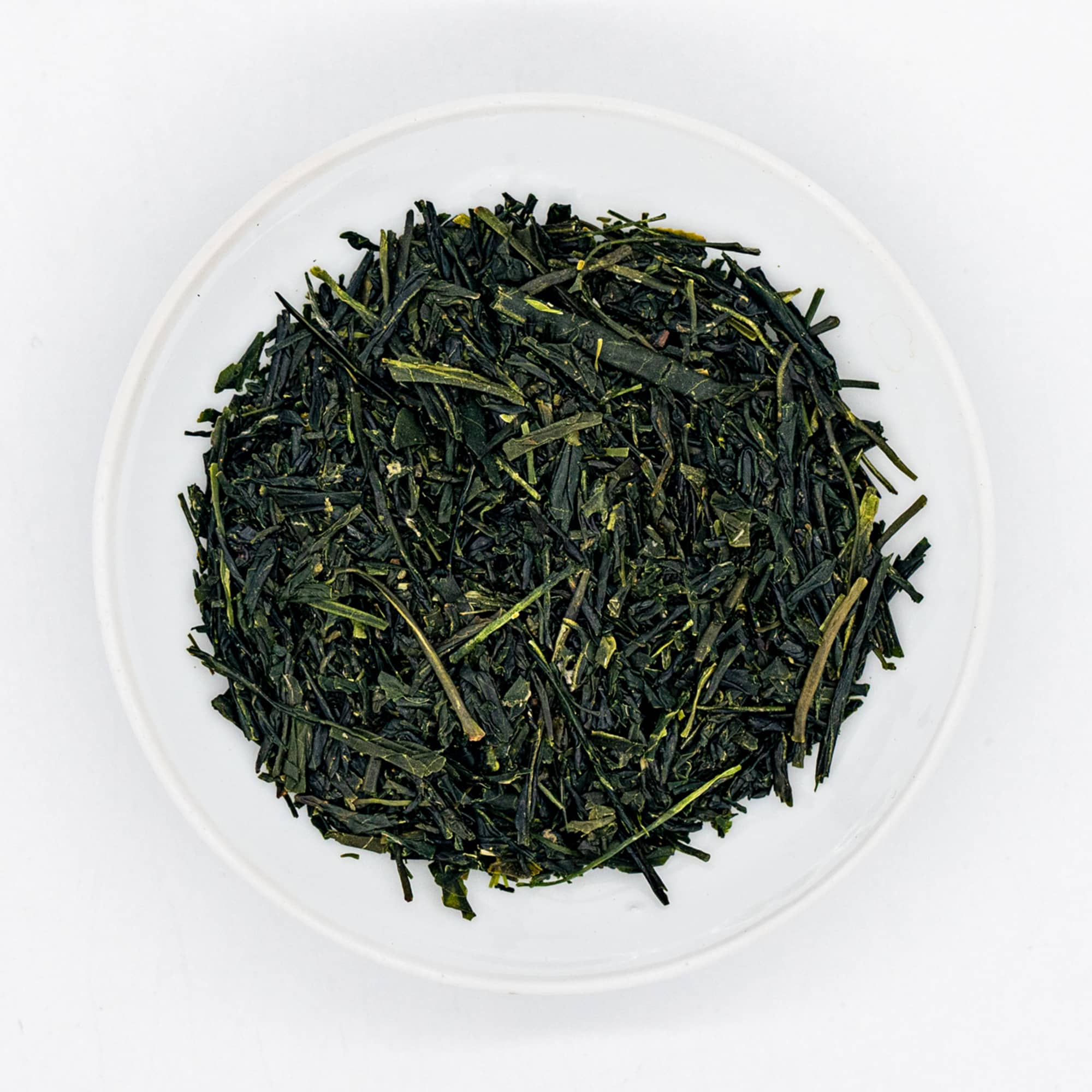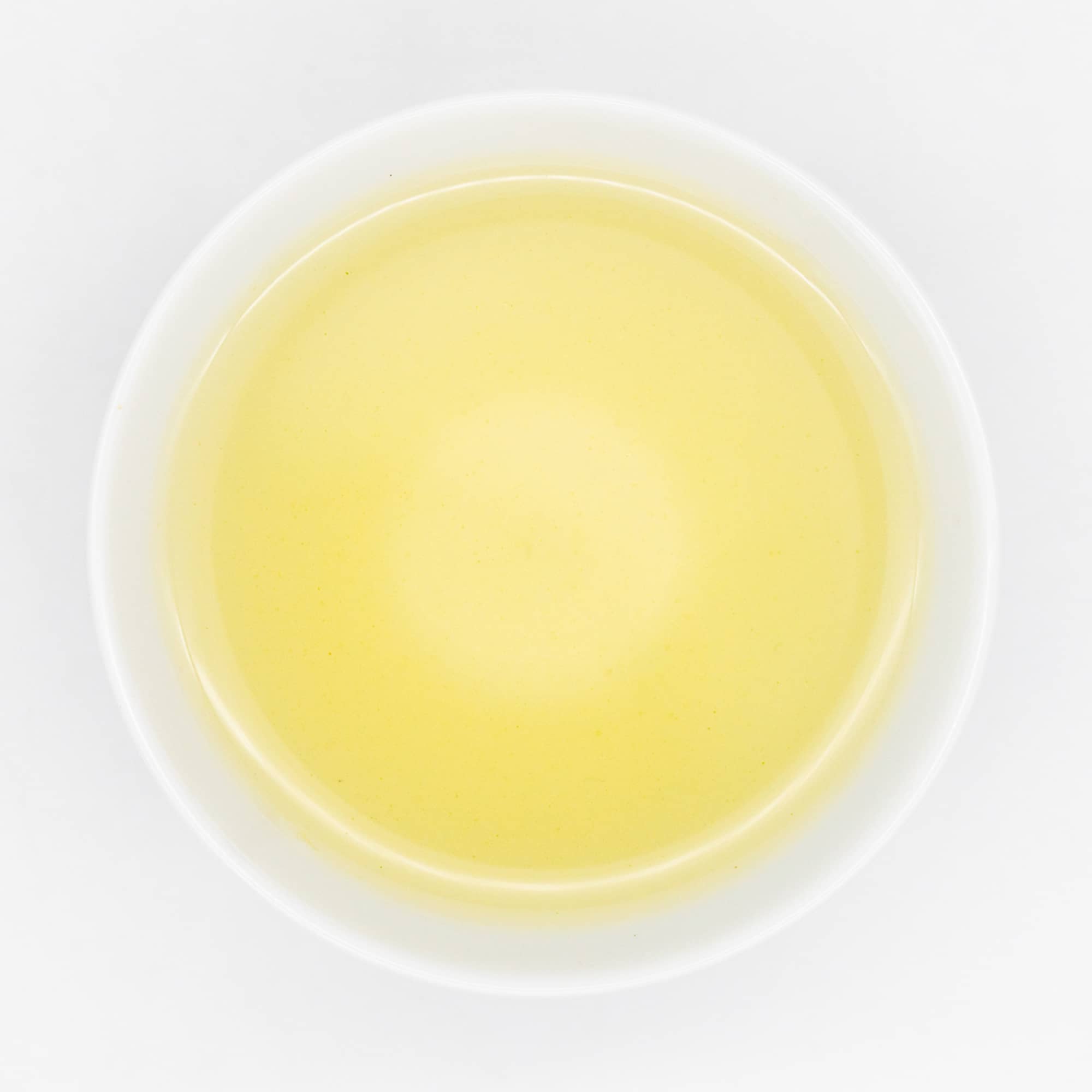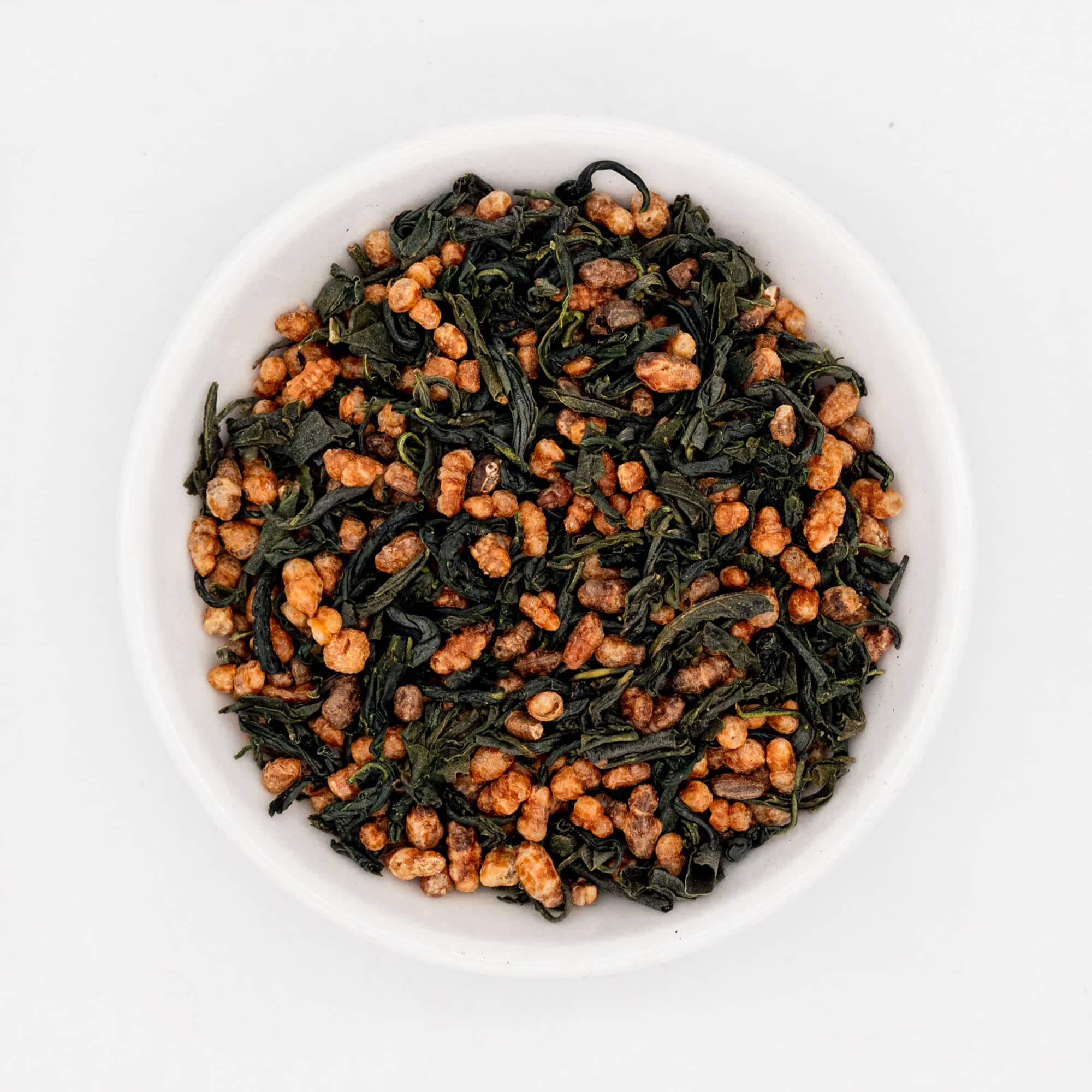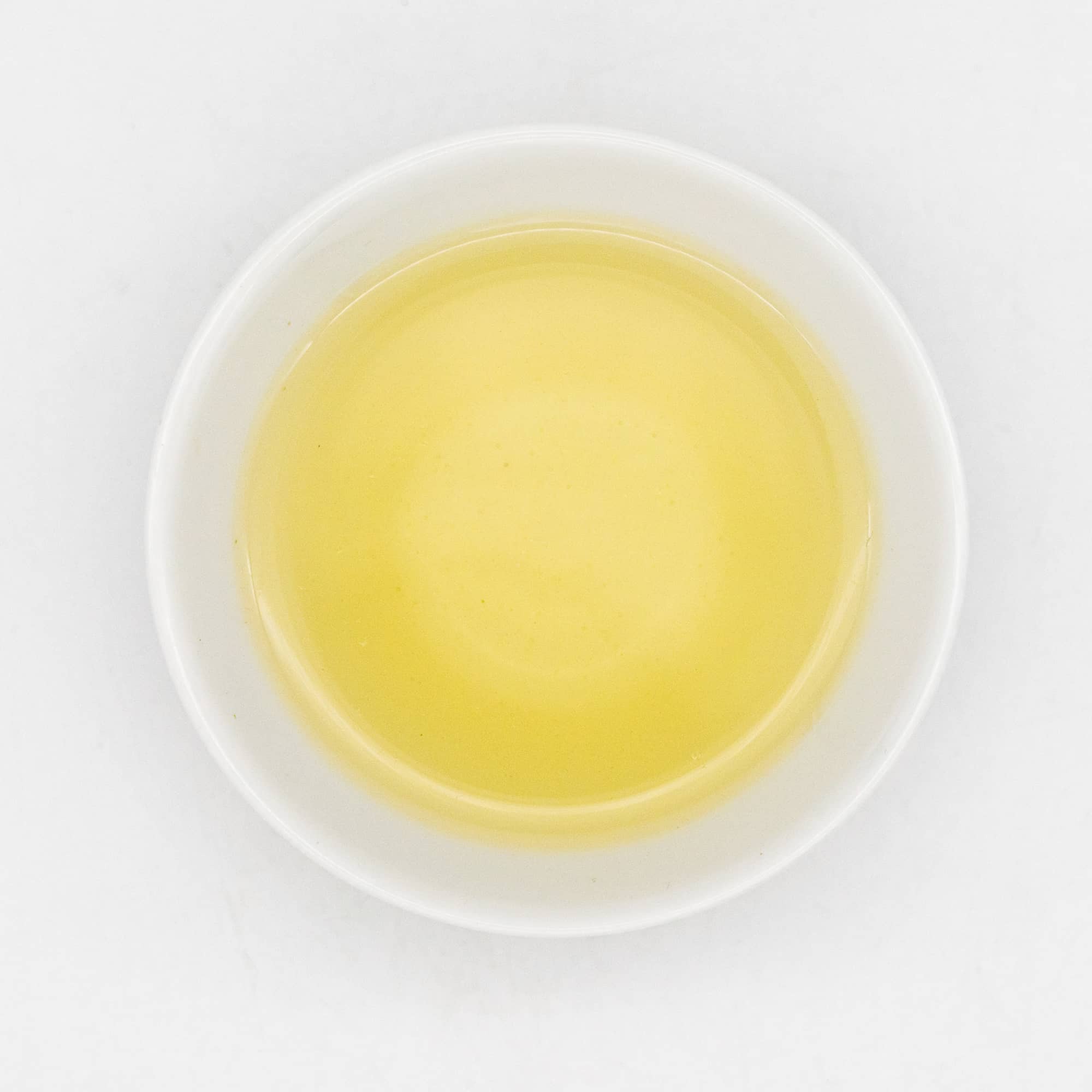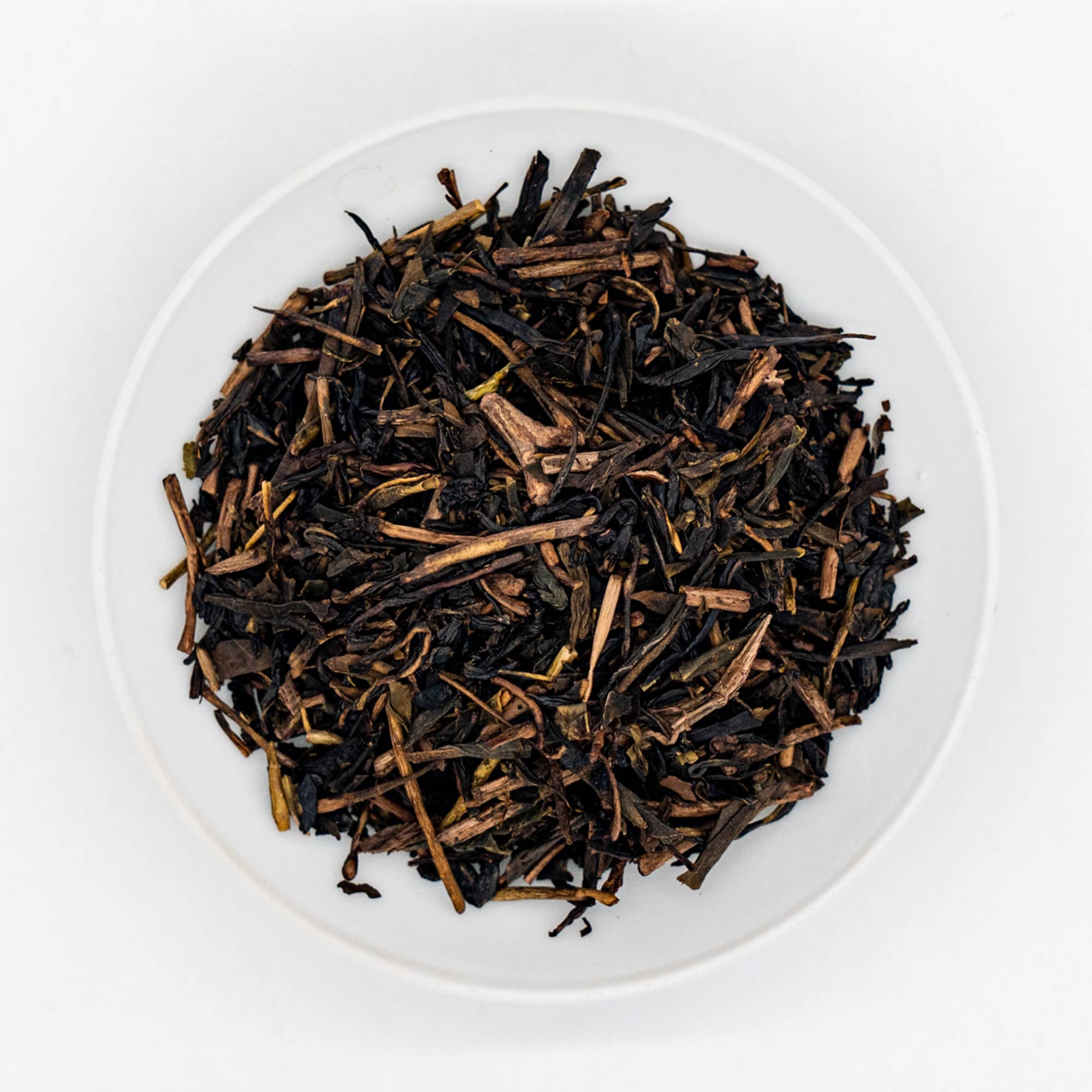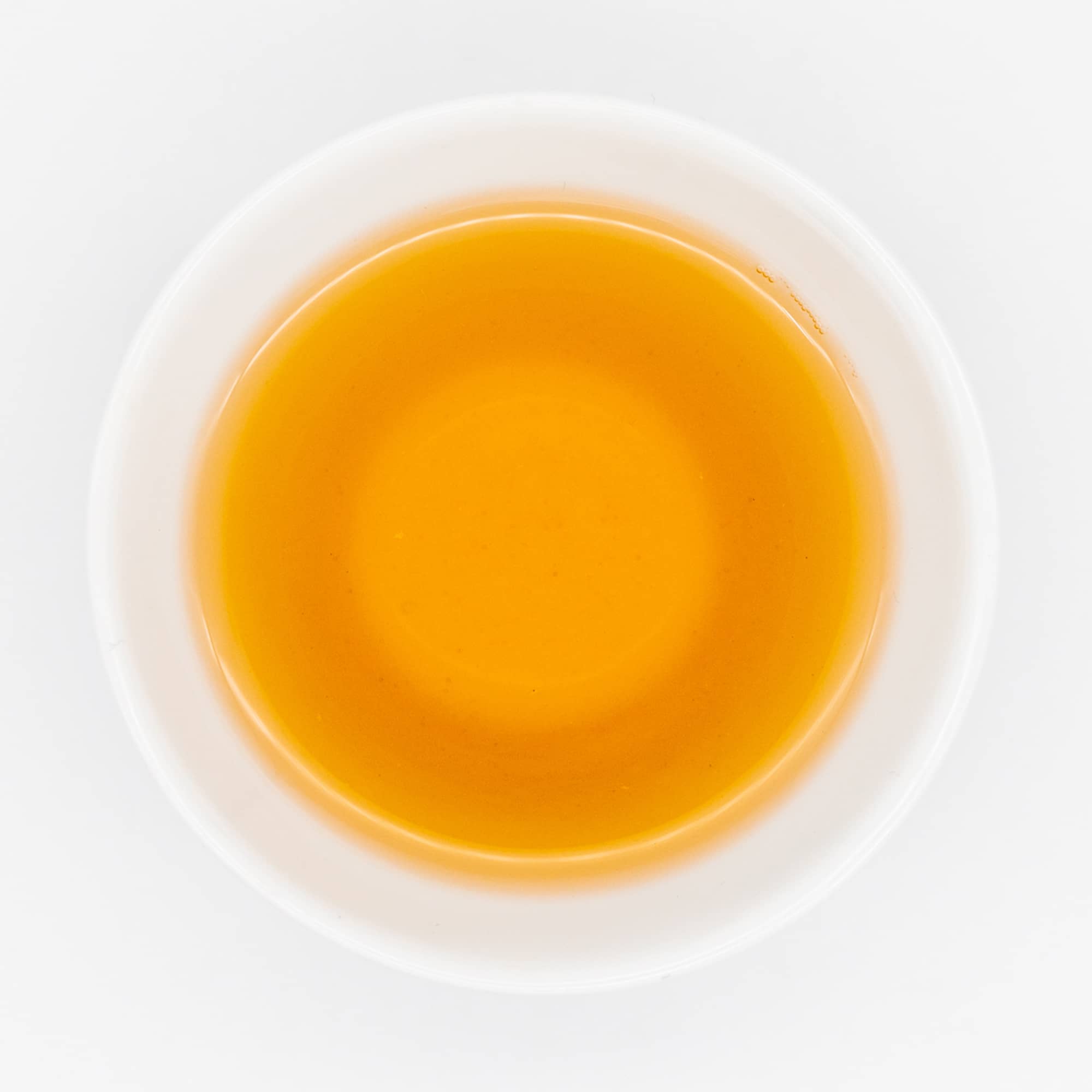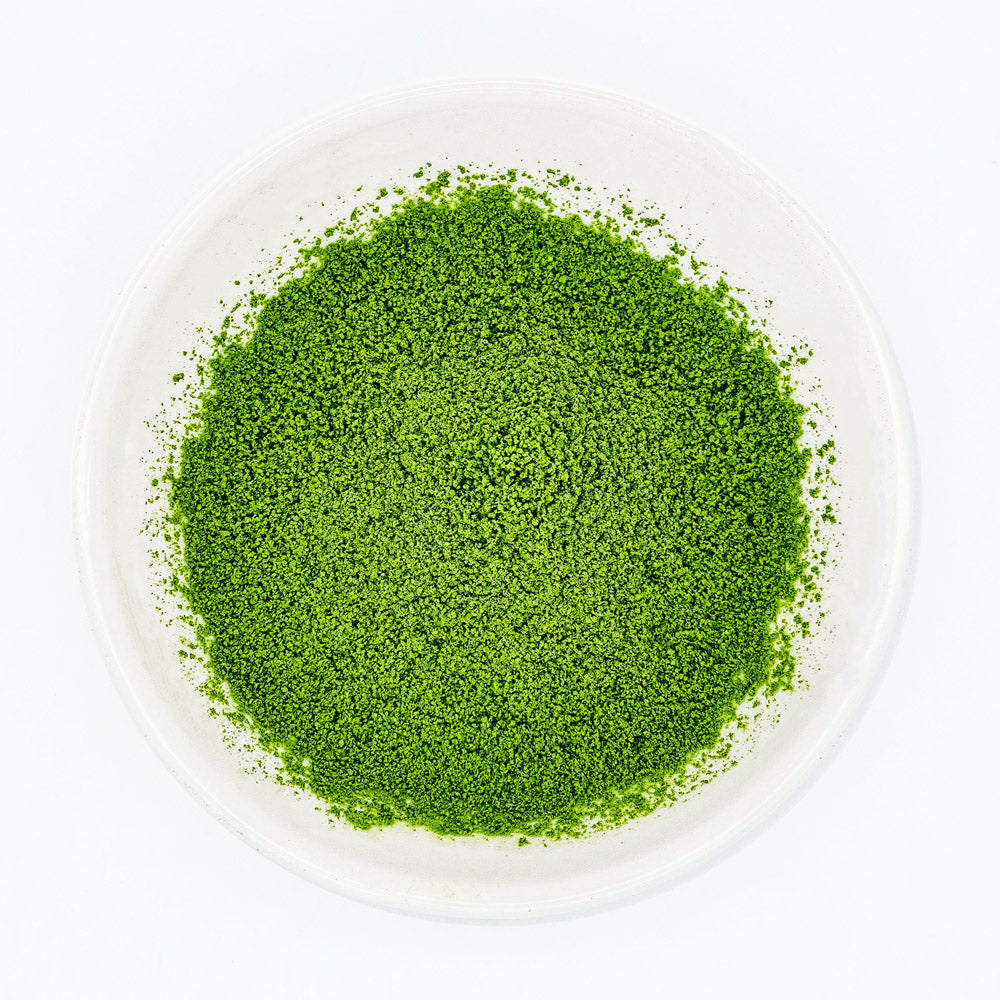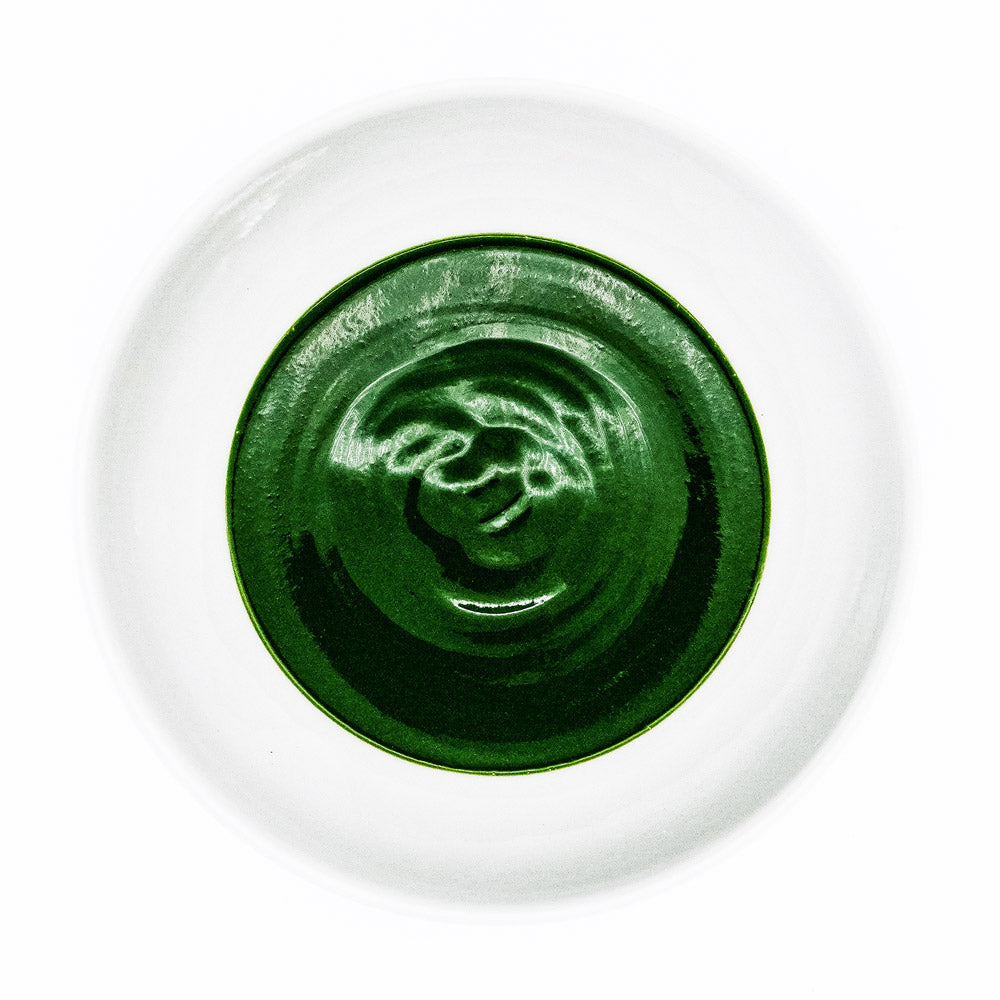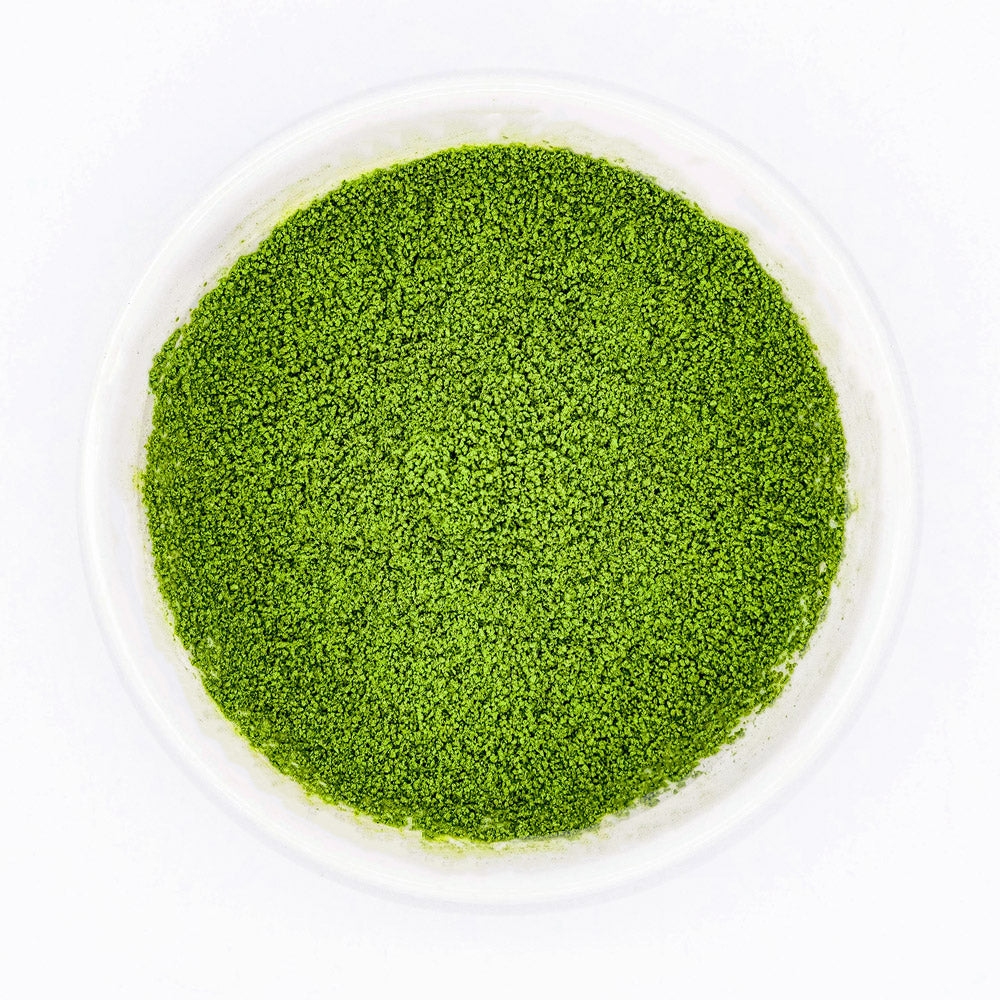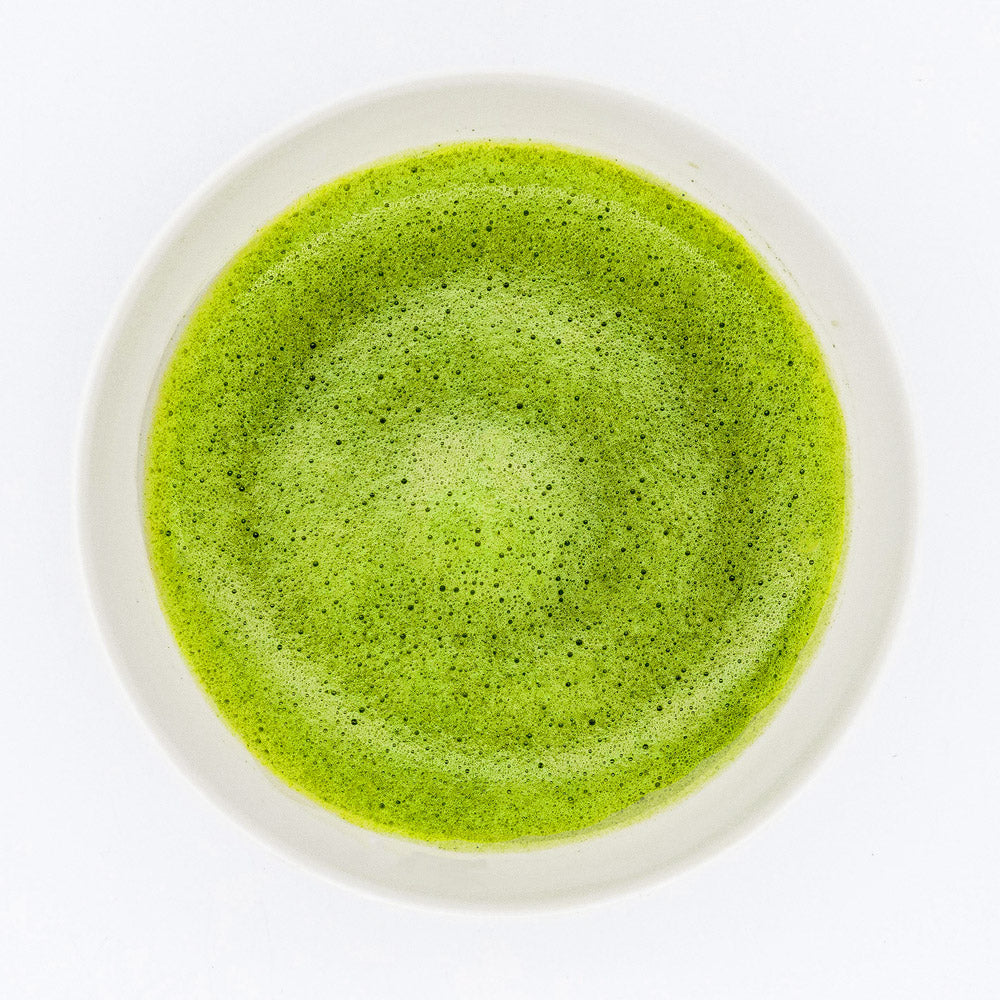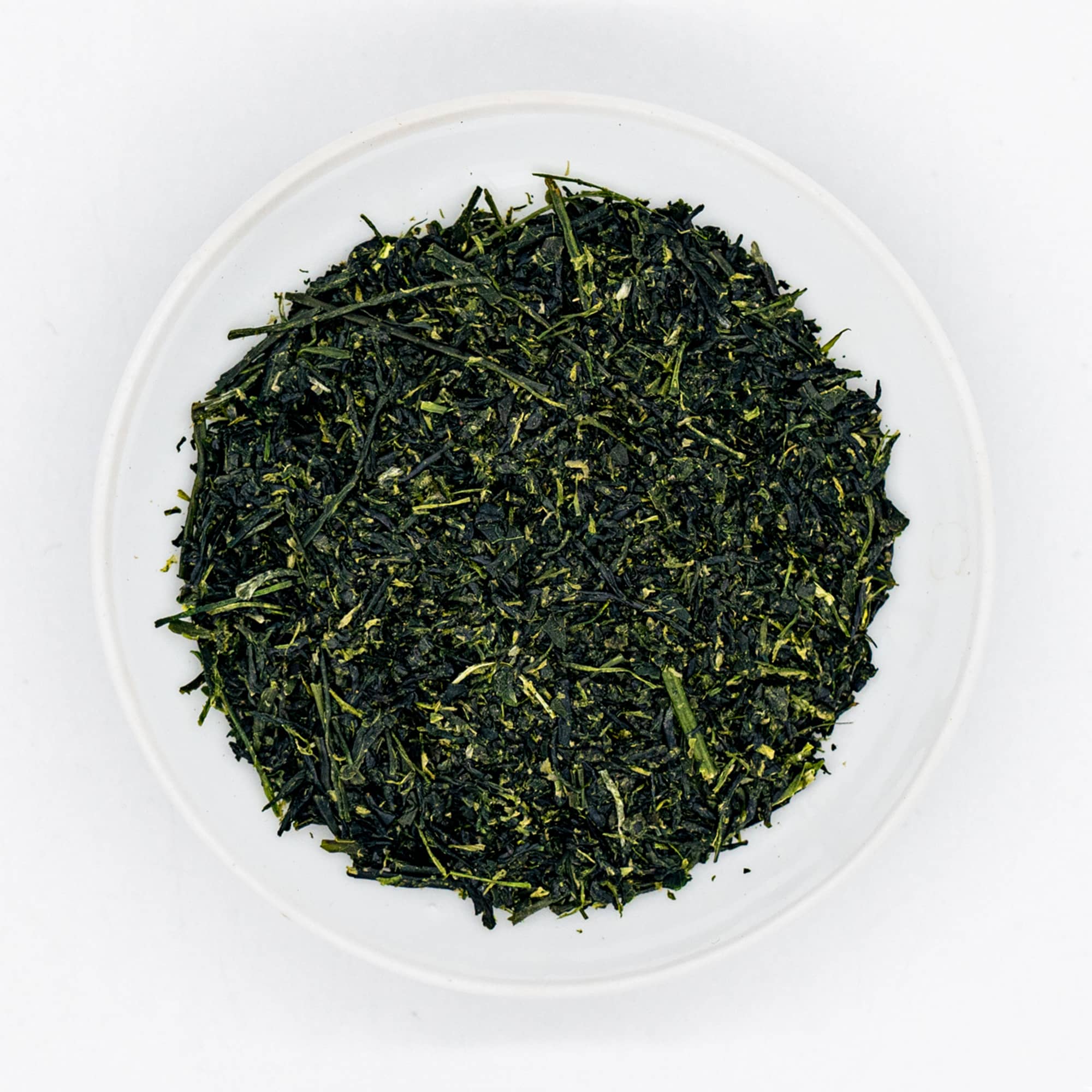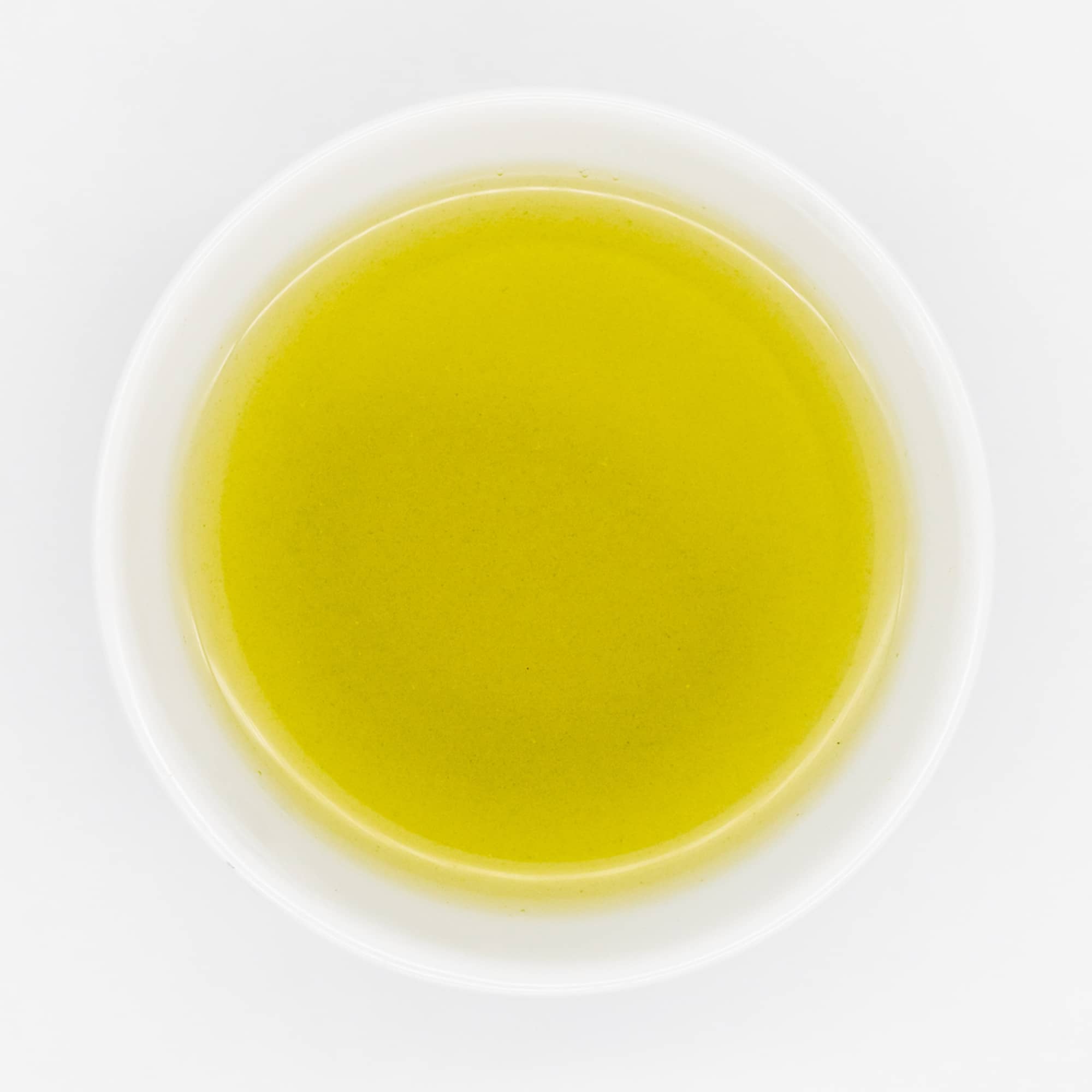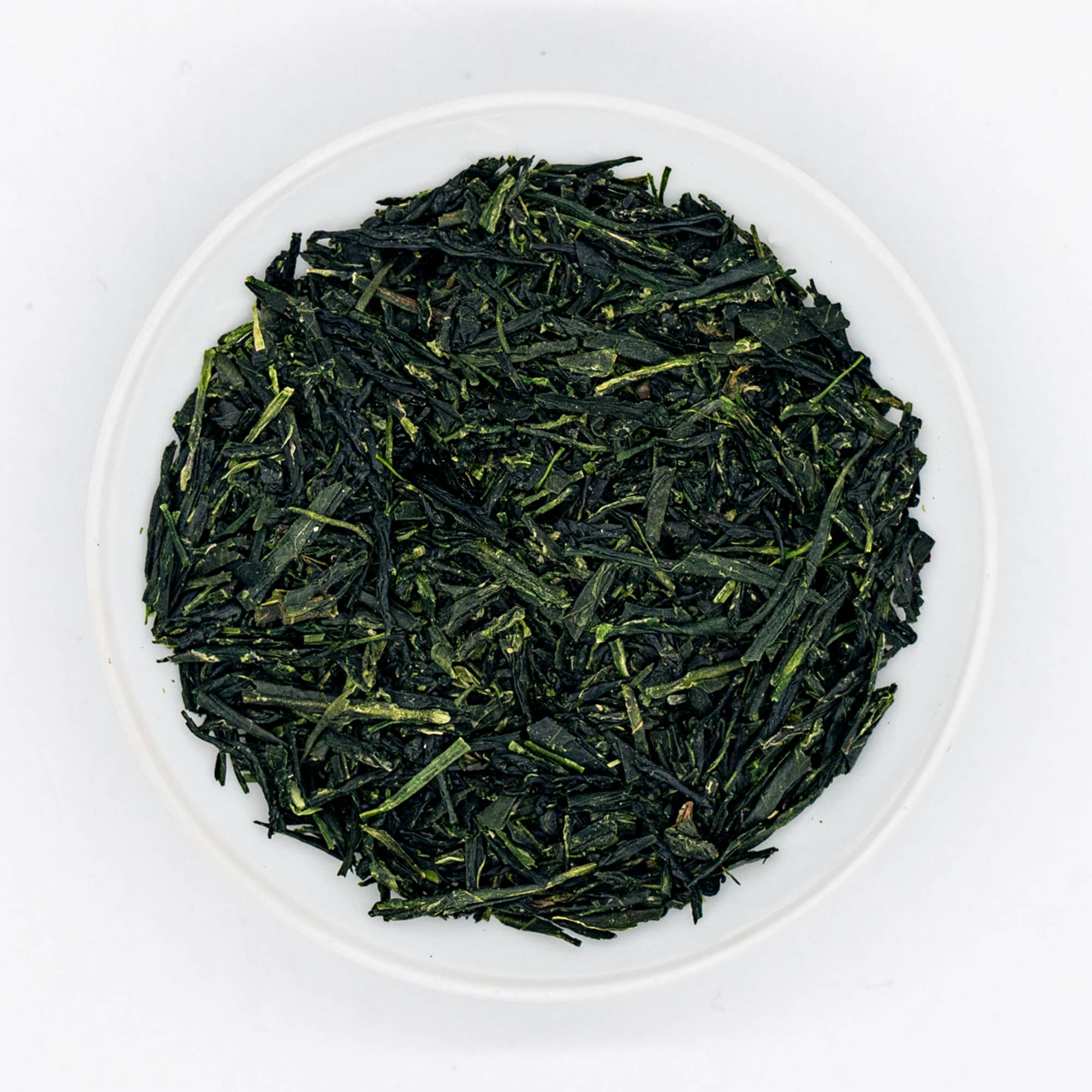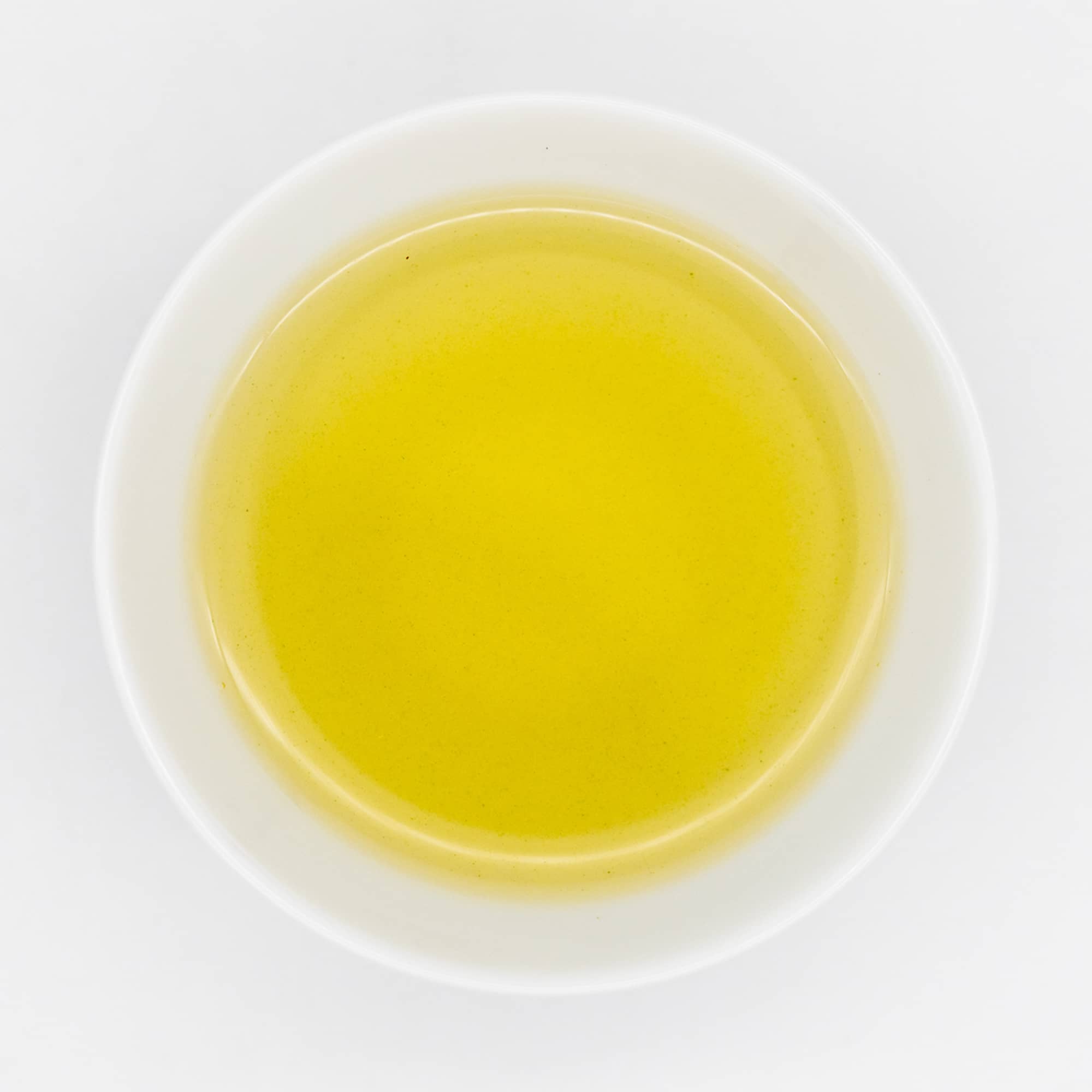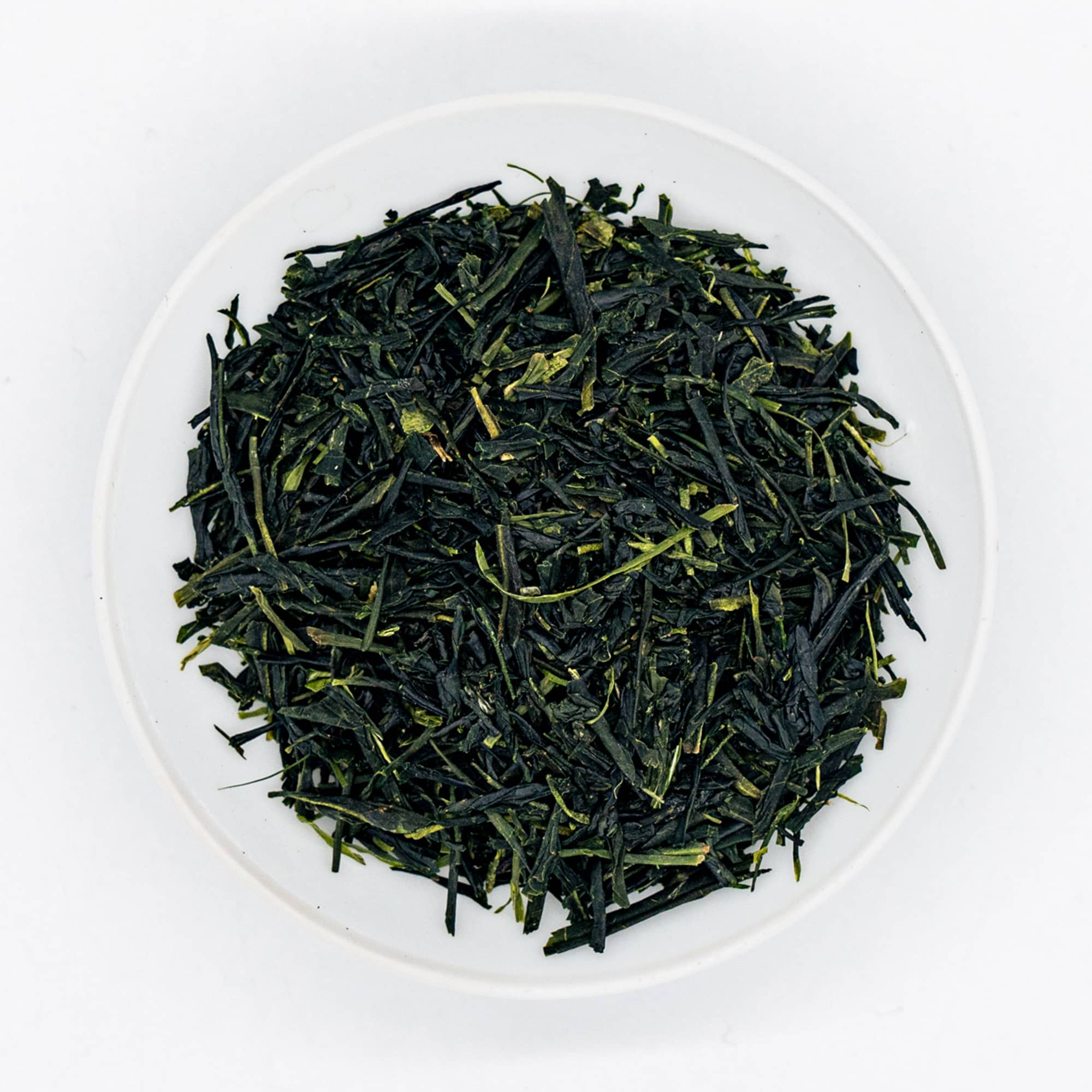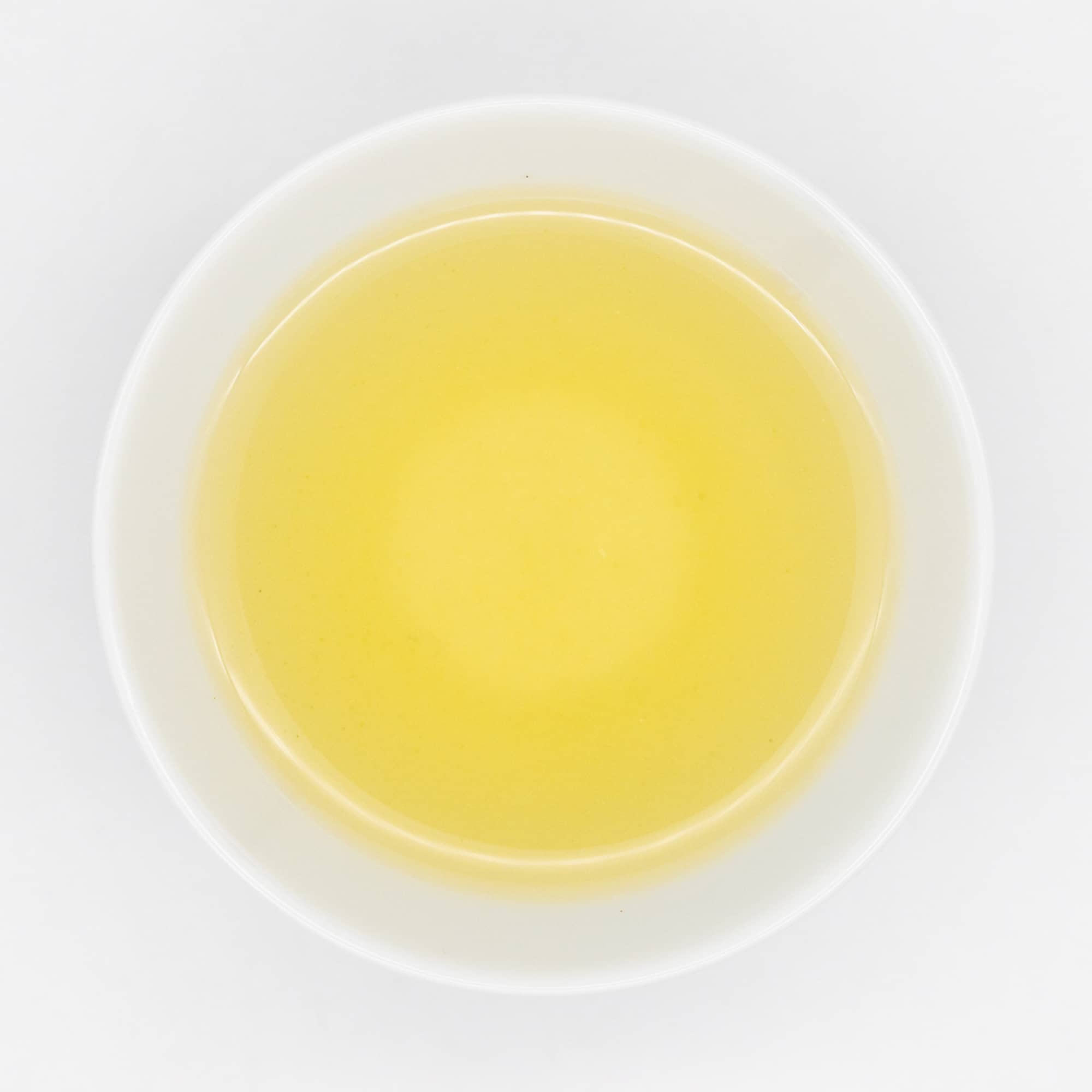Made from 60-year old seed-grown zairai plants, cultivated without the use of pesticides or chemical fertilisers, this light-steamed sencha is vibrant and zesty, with a slight minerality and lasting finish. The combination of natural farming, Uji native zairai, light-steaming, and a delicate firing (火入 - hiire) over charcoal give this tea refreshing and classic taste
While Uji may be the most famous tea region in Kyoto, most tea sold as “Ujicha” is actually grown in the neighbouring town of Wazuka, located to the southeast, which produces almost 50% of Uji tea. Dating back to the Kamakura era, tea production in Wazuka has enjoyed an 800-year history. The tea plantations in Wazuka are located on the steep slopes of misty hills and mountains—an environment suitable for high-quality tea leaves, with cool air, short daylight hours, temperature differences between day and night, and well-drained soil. Cultivation of tea plants in such an environment takes a lot of time and effort, making it unsuitable for the methods of mass production employed in the flatlands..

Cultivar: 60 year-old Zairai
Producer: Chaen Morifuku
Harvested: May 8, 2023
Elevation: 150m

Brewing Instructions



Meet the Producer
Chaen Morifuku (茶園森福)


Cultivar: 60 year-old Zairai
Our Loose Leaf Selection
View all

